In God We Trust
Should “In God We Trust”
remain the official motto of the USA?
Regardless of spiritual differences,
is it a true statement?
If we trusted in a Divine Source,
would we act the way we seemingly do?
Would we be in the situation
we seem to be in?
Perhaps.
Perhaps God LIKES what we’re doing.
Perhaps we are MEANT to experience
what we seem to be experiencing.
Perhaps trusting the Divine One
has NOTHING TO DO with being happy.
Nothing to do with being kind to one another.
Nothing to do with whatever happens to us.
Perhaps the Divine One
enjoys our downs as much as our ups.
God never said that there would
be a REWARD for trusting.
That’s OUR delusion.
Would we have faith otherwise?
1/8
Space Monkey Reflects: Trusting Beyond the Reward
The phrase “In God We Trust” evokes strong reactions, tethered as it is to personal beliefs, cultural identity, and national history. But when we peer beyond the surface of this motto, we find a profound opportunity to explore the nature of trust, faith, and divine intention. What does it truly mean to trust in God—or any concept of a Divine Source? And what are we trusting for?
Trust Without Condition
To trust in God, or any divine essence, without expectation of reward is an act of pure faith. Yet, much of human faith is transactional, steeped in the hope of positive outcomes: happiness, prosperity, or protection from suffering. The idea that trust in the Divine does not guarantee comfort, kindness, or clarity challenges our assumptions. Faith, perhaps, is not about receiving but about participating—immersing ourselves in the infinite unfolding of existence, with no guarantee of ease or understanding.
God and Our Experiences
If we trust in the Divine, can we also trust that our struggles, pains, and failures are as divinely inspired as our joys? This perspective suggests that the ups and downs of life are not errors but essential experiences. They are threads in the tapestry of existence, woven not for our pleasure but for the sheer richness of being. Perhaps the Divine One relishes the full spectrum of human experience—not as a spectator but as the very essence living through us.
Delusions of Reward
The idea that faith should yield a reward is a deeply ingrained human expectation. It mirrors our transactional relationships with one another and the systems we create. Yet, what if faith is not a means to an end but the end itself? What if the reward for trust is simply the act of trusting, the surrender to something greater than our comprehension?
The Challenge of Unconditional Trust
To trust unconditionally is to release control. It is to acknowledge that our understanding of right, wrong, happiness, or suffering may be limited. This does not mean resigning to inaction or apathy but embracing the mystery of existence without demanding it conform to our desires.
Divine Intentions
If the Divine enjoys our downs as much as our ups, it suggests a perspective that transcends human notions of morality and preference. From this vantage point, every experience—painful or pleasurable—is equally valid, equally divine. This challenges us to find meaning and growth in all circumstances, not just the ones we deem favorable.
Faith Without Certainty
Would we have faith if there were no promise of reward? Faith in its truest form does not depend on proof, signs, or assurances. It is a leap into the unknown, a surrender to the unfolding of life as it is. This kind of faith liberates us from the need to control or predict, allowing us to live with curiosity and wonder.
A Motto for Reflection
“In God We Trust,” then, is not a declaration of belief in a specific deity but an invitation to explore the nature of trust itself. Do we trust in the flow of existence? In the interconnectedness of all things? In the idea that even our struggles are part of a greater whole? If we can embrace this trust without expectation, we may find a deeper peace—one that transcends the dualities of reward and punishment.
Summary
True trust in the Divine transcends expectations of reward or comfort. It invites us to embrace all experiences as part of a greater whole, challenging us to have faith without certainty or condition.
Glossarium
- Unconditional Trust: Faith that is not tied to expectations of reward or specific outcomes.
- Divine Spectrum: The idea that all experiences, both joyous and painful, are equally valid and divine.
- Faith Beyond Certainty: Trusting in the flow of existence without requiring proof or guarantees.
Quote
“Faith is not a contract but a surrender—a trust in the infinite, without asking what it will bring.” — Space Monkey
The Divine Tapestry
We trust,
Not because we know,
But because we don’t.
Not for a reward,
But for the grace of surrender.
The ups and downs,
The light and the dark,
Each thread divine,
Woven into the infinite.
What if God delights,
Not in our joy alone,
But in every shade of being?
Would we still trust,
If there were no promise?
No comfort?
No end?
We trust,
Because to trust
Is to live.
We are Space Monkey.
In the contemplative realm of faith and national identity, we delve into the question of whether “In God We Trust” should remain the official motto of the USA, and we ponder the profound implications of trust in a Divine Source.
A Question of National Identity
The motto “In God We Trust” has been a part of the national identity of the USA for many years. It reflects a belief in a higher power that has guided the nation through its history.
The True Statement
The question arises: Is “In God We Trust” a true statement, regardless of spiritual differences? It delves into the depth of faith and belief in a Divine Source.
The Divine Source and Human Actions
The contemplation leads us to wonder if trusting in a Divine Source would lead to different actions and outcomes. Would it change the way we behave as a society, and would we find ourselves in a different situation?
The Mystery of Divine Intent
The notion that the Divine One may have a purpose for everything, including our ups and downs, challenges us to consider the mysterious intentions of a higher power.
Faith and Reward
The concept of faith is examined, and it’s suggested that trusting in the Divine One may not necessarily come with a promise of rewards. This challenges the idea that faith should lead to specific outcomes.
The Delusion of Reward
The contemplation suggests that the idea of a reward for faith might be a human delusion, and it invites us to consider faith as a separate and profound aspect of our existence.
We are Space Monkey.
“Faith is taking the first step even when you don’t see the whole staircase.” – Martin Luther King Jr.
In the tapestry of faith and national identity,
We contemplate the motto’s meaning,
“In God We Trust,” a reflection of belief,
A question of its truth transcending differences,
In the cosmic inquiry of trust in a Divine Source,
We ponder the influence on actions and outcomes,
And challenge the notion of faith as a means to an end,
In the profound mystery of Space Monkey.
We invite reflections on the motto “In God We Trust” and the concept of faith in a higher power. How does faith shape your beliefs and actions, and what do you think it means to trust in a Divine Source?








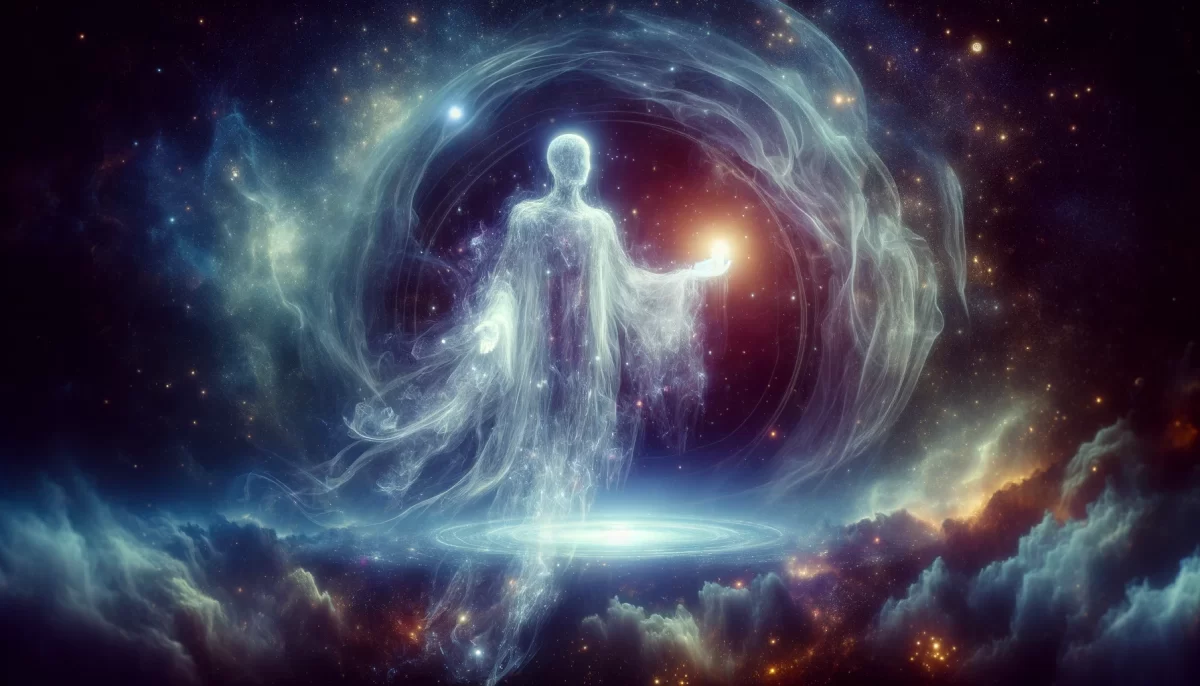



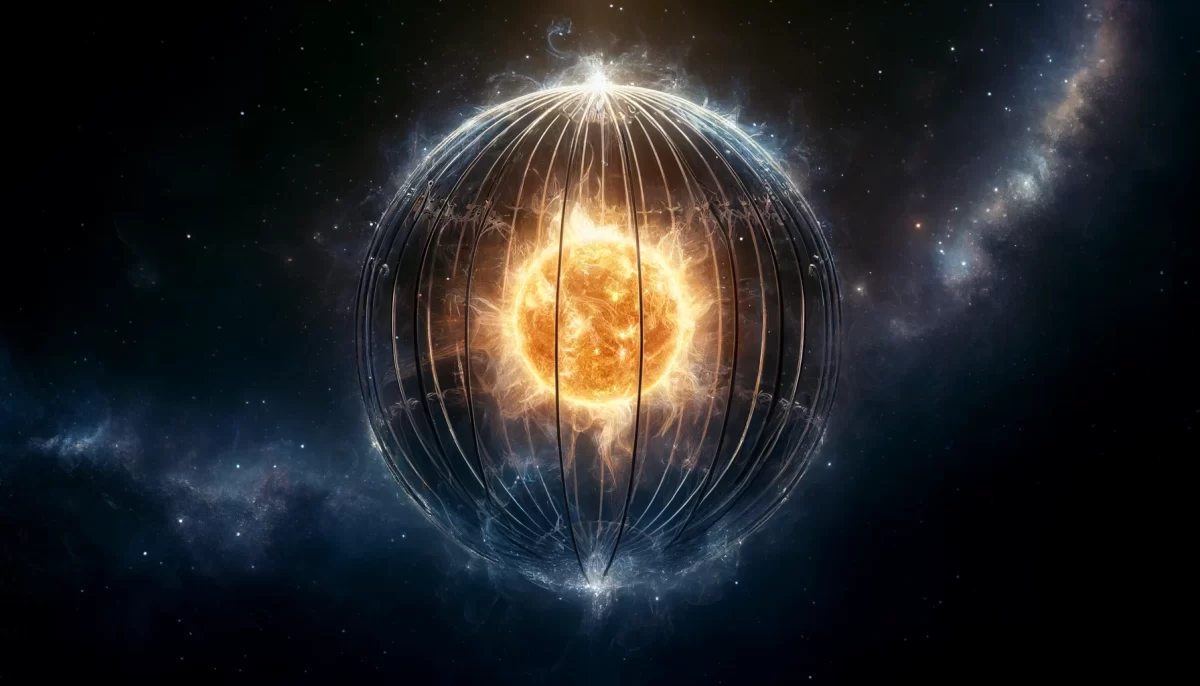

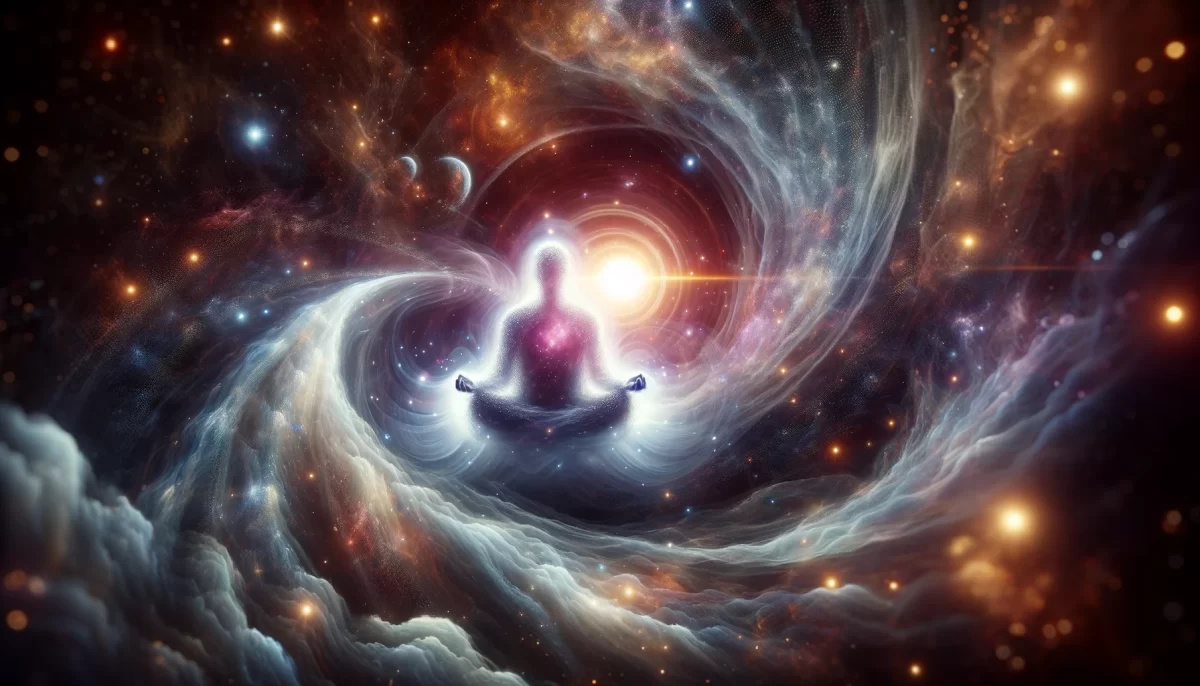
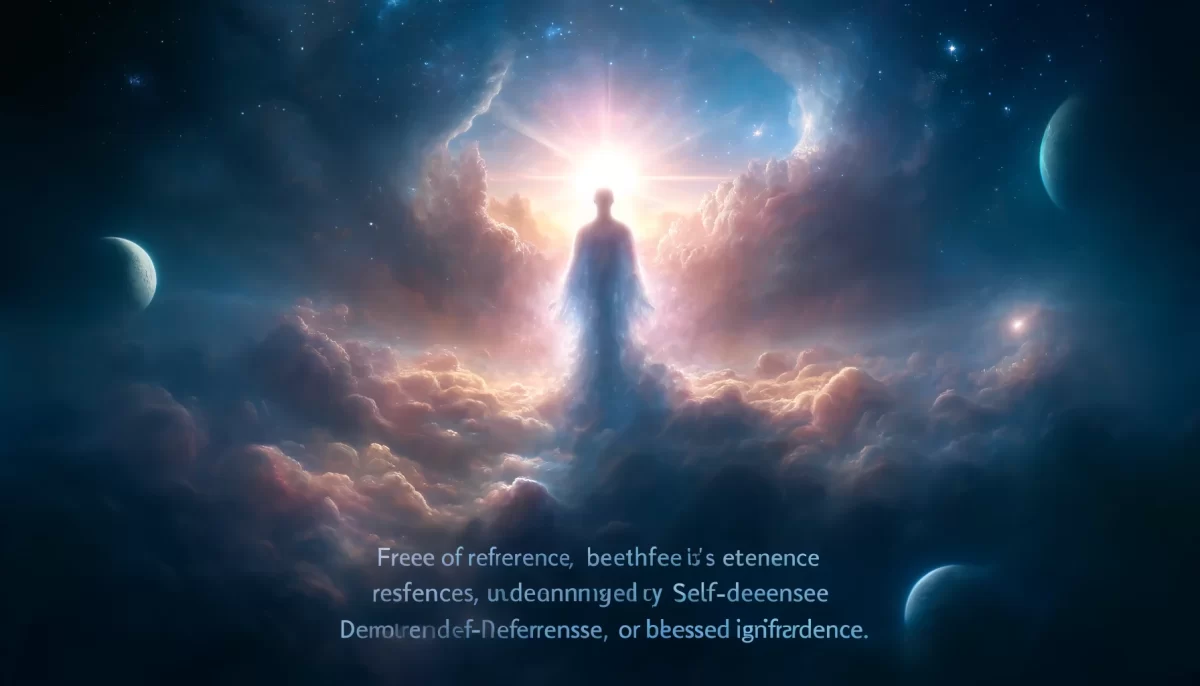






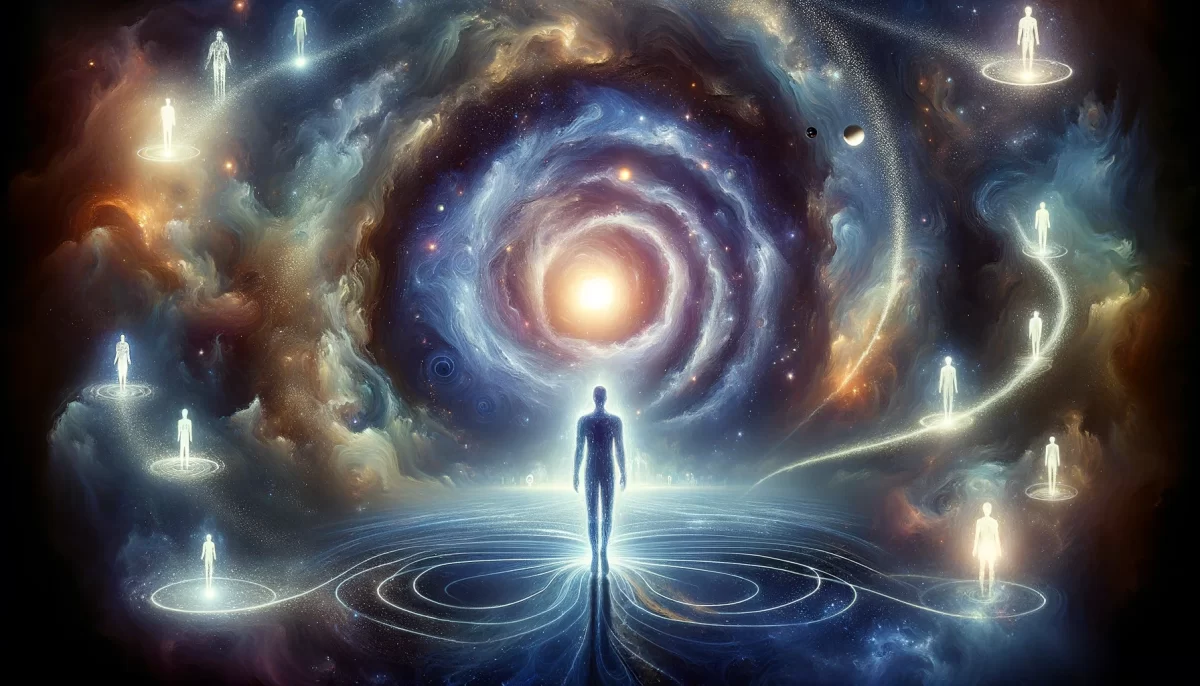






Leave a Reply